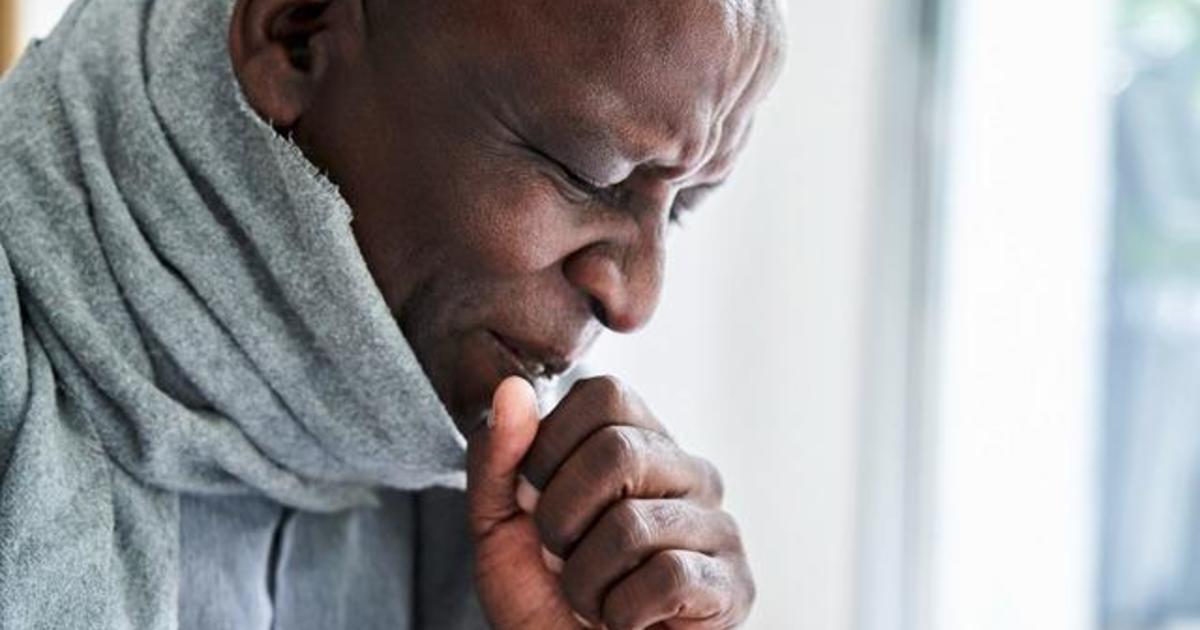More Money Can Mean Scrooge-Like Pride, Study Says
By Susan Scutti
PHILADELPHIA (CNN) -- Charles Dickens' classic "A Christmas Carol" paints a picture of stark contrasts. The impoverished Cratchit family share love and joy, while Ebenezer Scrooge is wealthy, cold and "solitary as an oyster."
Just in time for Christmas, new research shines a light on the resilience of those with less.
People at the lower end of the income scale take more pleasure in their relationships and enjoy caring for and connecting with others, according to a study published Monday in the Journal Emotion.
By contrast, the positive emotions experienced by people with higher incomes are mainly focused on themselves, the research suggests.
Does Christmas Music Turn You Into The Grinch?
"People who are poorer are more reliant on others to get by," said Paul Piff, lead author of the study and an assistant professor of psychology and social behavior at the University of California, Irvine. "They really prioritize relationships because of their reduced resources, and so they are more likely to really focus on emotions that bind them to one another and find satisfaction and delight in relationships through compassion and love."
For the study, Piff and his co-author, Jake P. Moskowitz, a graduate student at UC Irvine, surveyed more than 1,500 Americans ranging from 24 to 93 years old.
The questions were designed to measure the magnitude of seven emotions experienced each day: amusement, awe, compassion, contentment, enthusiasm, love and pride. Previous research suggests these seven separate feelings are the underlying individual components of general positive emotion.
Participants rated their agreement with statements such as: "My life is full of wonder," "Nurturing others gives me a warm feeling inside," and "I get great pleasure from pursuing my goals."
As Piff explained, other studies tend to ask the very broad question, "How happy are you?"
For the new study, "We break happiness down into all of its emotional components: all the different kinds of positive emotions we want to experience on a daily basis," he said.
Next, Piff and Moskowitz created statistical models and then analyzed the relationship between income and each of the seven different emotions underpinning happiness.
'Hipster' Nativity Scene Displayed At South Jersey Church
"As income increases, as you rise in the rankings of household income, your tendencies -- or daily experiences -- of pride, amusement, contentment go up, and your experience of compassion and love and awe go down," Piff said. Enthusiasm was the one emotion unaffected by wealth, with both rich and poor experiencing the same level.
There are reasons for expecting wealth and income to shape certain emotions, noted Piff.
"Wealth makes you less reliant on other people," he said. "Because of that, you're more likely to kind of focus on emotions that make you feel independent and different from other people -- things that make you stand out.
"But of course these aren't absolute differences; it's not the case that wealthy people don't feel any compassion or any love," Piff said. "It's just that wealth sort of buffers you from experiencing as much of it as perhaps you should or as other people do."
David G. Blanchflower, a professor of economics at Dartmouth, said he was "unimpressed" with the study. Blanchflower, who did not participate in the research, questioned the focus of the study and said it was "unclear what it actually finds."
"There is a very large literature showing happiness and life satisfaction is related to income," he said. One example is this study that found higher income increases access to social support, self-esteem and opportunities and so enhances happiness.
However, Piff questions whether wealth is "unequivocally" linked to increased happiness.
The emotions that contribute most to a sense of well-being and actual health are the emotions that bind you to other people: compassion, love and gratitude, he said. These are the connective glue between people.
"It's our ability to be social that is so important to our well-being and our vitality as individuals and as a species," Piff said.
The holiday season gets "people to think about the larger communities that they're a part of and the important people in their lives," he noted. But sometimes we think, "If only we could have more money!" Then, we believe, we could get all the things we want and achieve all those things we think are meaningful or important, he explained.
"Even in the absence of wealth, you can still extract all kinds of meaning and all kinds of happiness and all kinds of joy by reminding yourself and surrounding yourself with all the people you love," Piff said.
"The ability to experience a kind of rich tapestry of these different positive emotions is vital to well-being."
The-CNN-Wire ™ & © 2017 Cable News Network, Inc., a Time Warner Company. All rights reserved.



